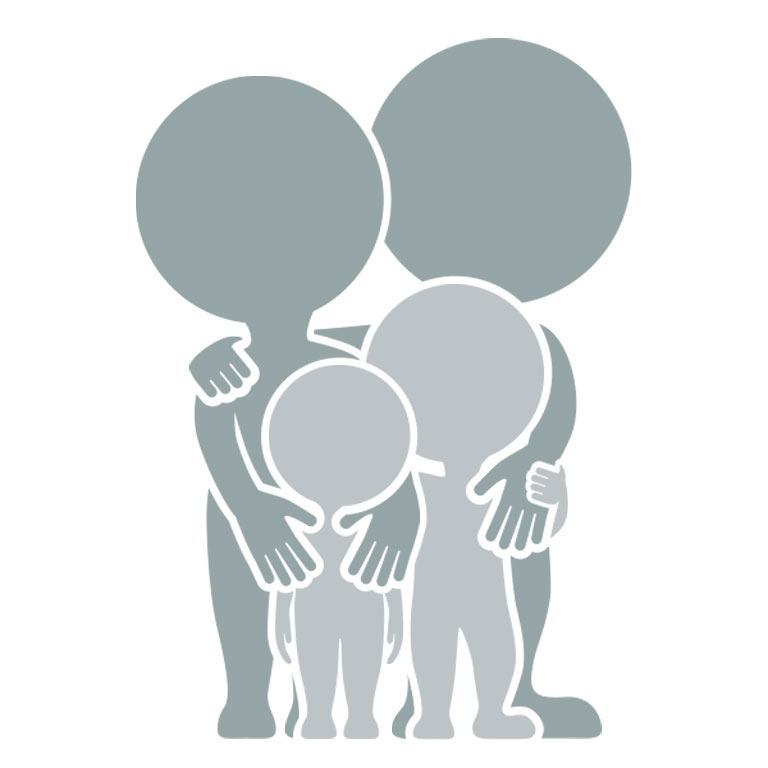If you’ve been searching for something to share with donors, board members, and patrons about the value of classical music, look no further than a program started by Chattanooga Symphony Concertmaster Holly Mulcahy that brings classical music to prisoners.
Whatever you think a program like this might entail, do yourself a favor and put that out of your head.
Full disclosure mode: Holly is my wife but my role in her work on this program is, at best, negligible and limited to a slice of logistical planning advice.
What makes the program unique is events are more than simply playing for prisoners.
Instead, the music is presented as a channel to allow prisoners an opportunity to assign their own thoughts and feelings free of advance context. Between selections, prisoners share their thoughts with the group and write about emotions and interpretations via feedback surveys.
 One critical discovery Mulcahy made is to be very aware of how much a musician’s presence can influence a participant’s response. To that end, she works with prison mentors to develop surveys so they provide as much actionable feedback about program development as possible without leading or influencing prisoners’ comments.
One critical discovery Mulcahy made is to be very aware of how much a musician’s presence can influence a participant’s response. To that end, she works with prison mentors to develop surveys so they provide as much actionable feedback about program development as possible without leading or influencing prisoners’ comments.
This sensitivity to unintended negative outcomes from Heisenberg’s Uncertainty Principle (simply observing can impact the behavior of what is being studied) has been a key element of the program. Mulcahy frequently references this in the articles she’s been writing that chronicle the process.
Since the initial program, Mulcahy has discovered that whenever she thinks she might have an idea about how the next step should take shape, she often discovers that isn’t what the prisoners really want or, more importantly, need. Likewise, she goes to great lengths to create an environment where the listener has control over how the music is processed.
For example, she discovered early on that prisoners gravitate toward music from living composers. Prisoners made stronger emotional connections with contemporary music and indicated a clear desire for similar works.
This led Mulcahy to invite living composers to participate alongside her while performing their music.
At her most recent event, Mulcahy invited composers Mischa Zupko and Wang Jie. Both composers understood that they don’t get to tell prisoners about their music before it’s performed and they are only able to introduce their own thoughts after the prisoners are done offering their feedback.
Instead of having Mischa tell the audience of 150 prisoners about his work, the same formula from the last two recitals was started. I asked the men what they thought of the work and here is a small sampling:
“This was a prayer between myself and God. Sometimes there is overlap and that is when I am talking over God. It seems like that is how we pray. I need to listen more.”
“I am reconciling with my daughter. There is a conversation going back and forth. I found it to be like love, so intimate, like a whisper. What you played is like our conversations.”
“100% hope. First sad. I find myself wanting to get out of here. As the day goes on I find it getting better. There is a building up of hope.”
Watching Mischa’s reaction while the prisoners shared their thoughts was amazing. It was clear they understood what the general intention of the piece was. After we listened to the prisoners’ thoughts, Mischa shared his intention of the work and there was a general audible agreement.
It’s unlikely the program would be as successful as it has been if Mulcahy adopted a traditional “you may not know much about this, so let me help you by telling you what to think” approach that dominates much of the way the orchestra field approaches performer-listener connections. Simply put, she doesn’t talk to prisoners about the music, that’s not the point.
Recently, her program caught the attention of the League of American Orchestras which included a section about the program in an article by Steven Brown in the Spring, 2017 edition of Symphony Magazine.
In addition to the prison mentors, most of which are Chattanooga Symphony patrons, Holly invites a select number of special guests from the Chattanooga community to attend each event and experience the impact firsthand. Since the very first event, it was important to Mulcahy to include members of the community this way to help build connections between people who will one day become neighbors.
They participate alongside the prisoners by sharing emotions and thoughts using the feedback surveys. The similarities between prisoner and guest feedback is remarkable and Mulcahy plans to dive deeper into that via an upcoming article.
Since it began, her program has developed a clear goal to help people in need through the power of music, art, and empathy to cope with their unique challenges and develop the capacity to experience change for good.
I wouldn’t be the least bit surprised to see that evolve into something more formal in the near future. In the meantime, you can learn more about the program and how it has evolved via the Walker State Faith and Character Based Prison Series article archive at her blog, Neo Classical.
The latest article:


